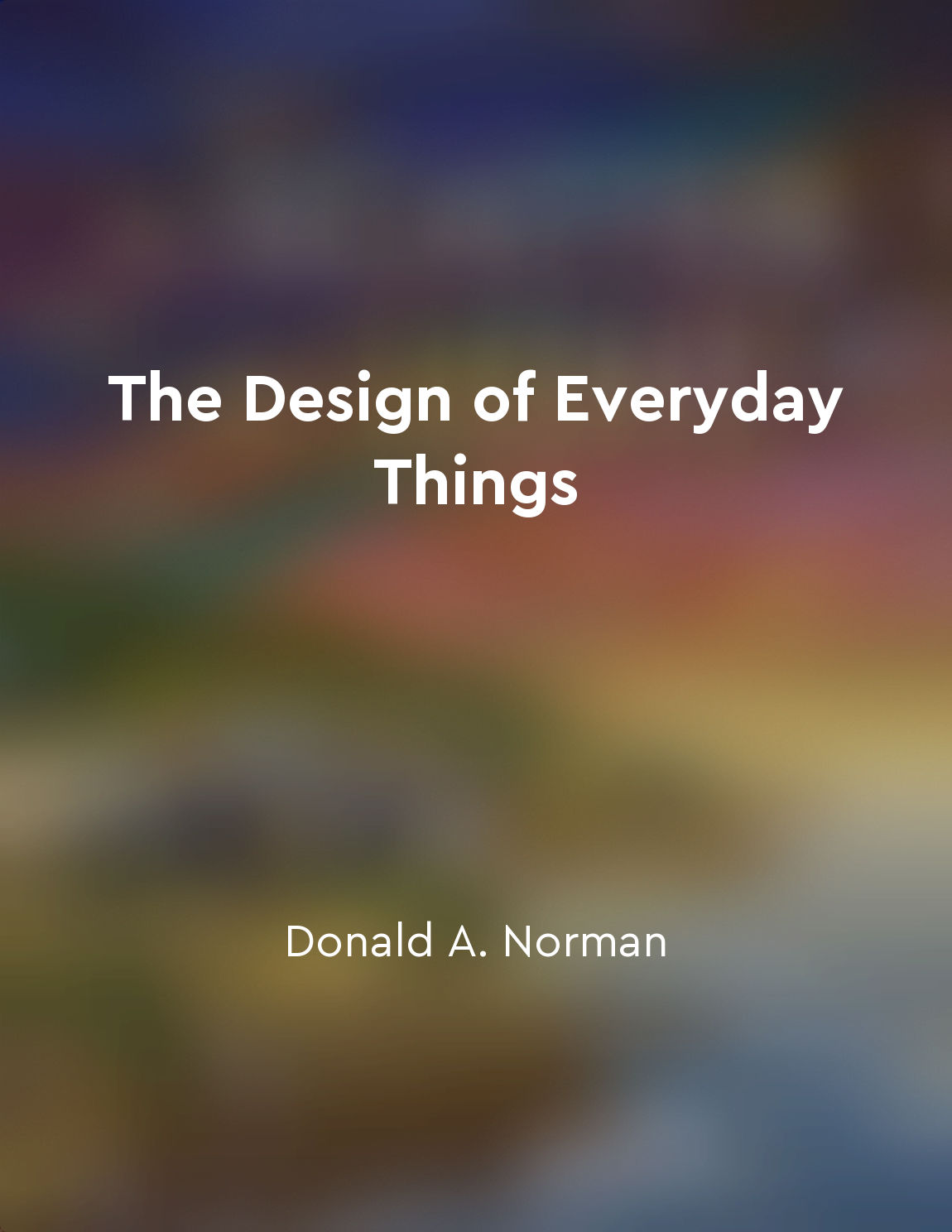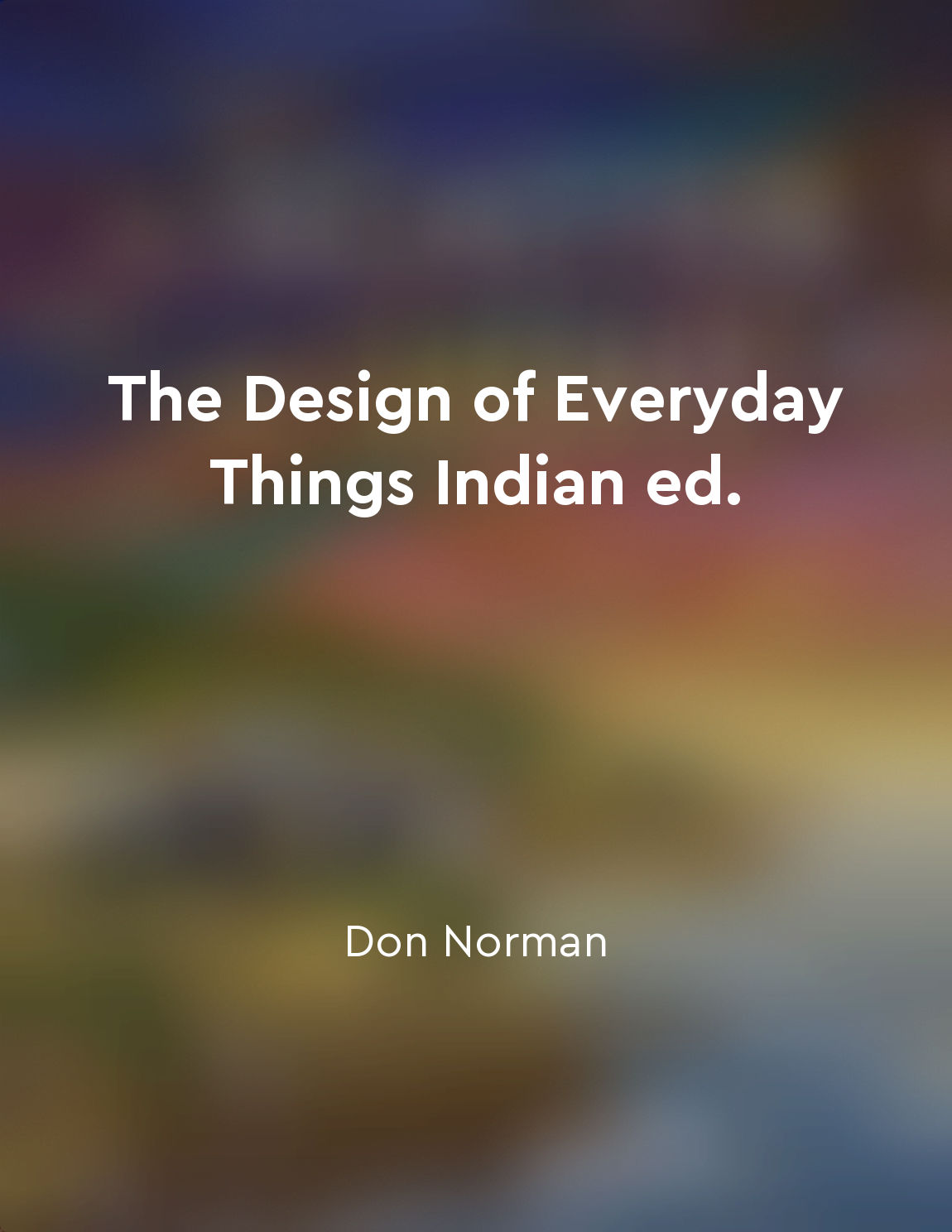Encourage exploration and curiosity from "summary" of The Design of Educational Exhibits by M. B. Alt,D. C. Gosling,Dr R S Miles,R. S. Miles
The essence of creating educational exhibits lies in fostering an environment that ignites curiosity and prompts visitors to explore. Encouraging exploration and curiosity is fundamental to the design process, as it allows for a more engaging and enriching experience for the audience. By designing exhibits that pique the interest of visitors, we can stimulate their desire to learn and discover new things. Simplicity plays a key role in encouraging exploration and curiosity. Complex and cluttered exhibits can overwhelm visitors and hinder their ability to engage with the content. By presenting information in a clear and concise manner, we can make it easier for visitors to navigate the exhibit and absorb the information presented. This simplicity allows visitors to focus on the content and encourages them to delve deeper into the subject matter. In order to effectively encourage exploration and curiosity, exhibits must be designed with clarity in mind. This means that the information presented should be easily understood and accessible to visitors of all ages and backgrounds. By using clear language and visuals, we can ensure that the message of the exhibit is conveyed effectively and that visitors are able to engage with the content in a meaningful way. Logical sequencing is essential in guiding visitors through the exhibit and encouraging them to explore further. By organizing information in a logical and coherent manner, we can help visitors make...Similar Posts

idea
An idea is like a seed. It is a small, fragile thing that has the potential to grow into something big and beautiful. Just as a...

Discoverability is key for user interaction
Discoverability is key for user interaction. The design of everyday things should make it easy for users to understand how to i...
Adapt your communication style as needed
When it comes to communicating effectively, one key principle to keep in mind is the importance of adapting your communication ...
Consider the audience when designing the exhibit
When designing an exhibit, it is crucial to keep the audience in mind at all times. The audience is the primary reason for crea...

simplicity
In the world of presentations, simplicity is a key principle that cannot be overlooked. It is not about dumbing down content, b...

The need for ethical considerations in design
Designers have the power to shape the world around us through the products and services they create. With this power comes a gr...
Use storytelling to present information
When designing educational exhibits, it is important to recognize the power of storytelling as a tool for presenting informatio...
Practice exercises are provided after each topic for selfassessment
After covering each topic in this book, you will find practice exercises waiting for you. These exercises are designed to help ...
Errorless reasoning approach for students
The errorless reasoning approach for students is a unique method designed to help Class 10 Science students improve their probl...
